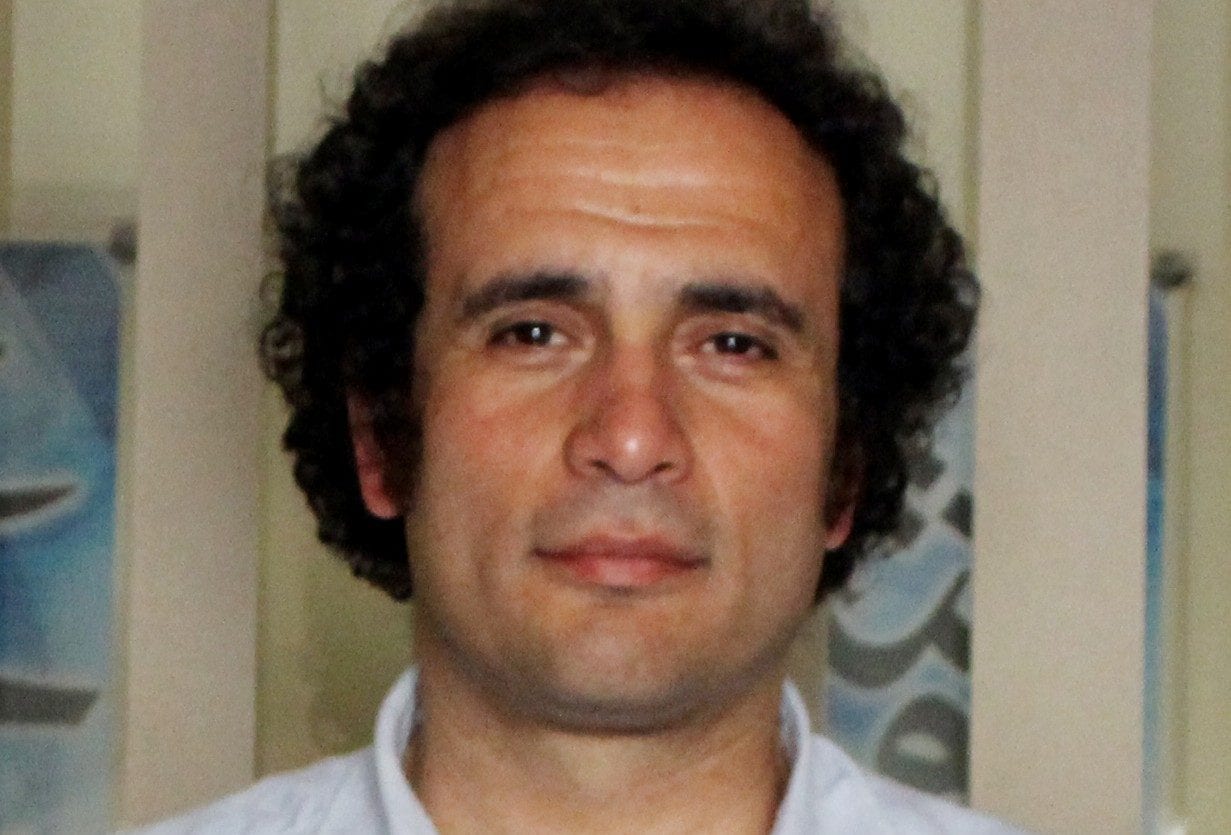When Tunisia started what became a wave of Arab revolutions and uprisings in the winter of 2010, it confirmed the similarities between itself, Egypt and other countries in the Arab world regarding rampant corruption and the absence of democracy and social justice. While it influenced popular anger and increased the possibility of uprisings, this did not negate the inevitability of each country taking different paths forward. At the time, the distinctions between Tunisia and Egypt were clear.
The role of the military establishment was different, for a start, as it stayed away from politics in Tunisia but interfered in Egypt. Furthermore, restrictions were imposed on freedom of expression and the media under the iron fist of President Zine El Abidine Ben Ali’s regime in Tunisia, while the Egyptian people had some freedoms under the regime of Hosni Mubarak.
The Islamic opposition was different too; Tunisia’s was in exile, whereas in Egypt Islamic organisations played a role in civil society and politics, albeit restricted. Although there was rampant corruption, poverty and chronic unemployment in Tunisia, there was an improvement in literacy levels and education for the middle classes. In Egypt, though, corruption, poverty and unemployment was accompanied by escalating illiteracy rates and a deterioration in the quality of educational institutions.
READ: Ennahda sets condition for success of government consultations
It was inevitable, therefore, that the revolutionary outcomes would be different for Tunisia and Egypt. While the armed forces in Tunisia left politics to the civilians, the Military Council in Egypt managed the transitional phase following the ousting of Mubarak and set out its confused destination.
Restrictions on freedom of expression and the media have disappeared from Tunisia’s pluralistic public space, but pluralism was accompanied from the very beginning by verbal and symbolic violence. The essence of this is the oppression of women and the use of political Islam discourse (especially Salafi) to put pressure on liberal and leftist forces.
In Egypt, meanwhile, the revolution was followed by openness in the public space and discussions about politics and society that were conducted initially with wisdom, rationality and an acceptance of the other. They then turned gradually into exclusion and accusations of treachery that made the public space repellent as restrictions on freedom of expression were reimposed.
Some political Islam groups in Tunisia were able to use their experience in exile to open up gradually to the liberal and leftist forces and agree a roadmap for building state institutions for the new republic. These still exist, despite being afflicted by rivalry and weakness, as we are witnessing today. Political Islam in Egypt dominated politics and society and controlled the state institutions. Clashes with the liberals and left-wing meant no consensus was agreed on a roadmap for democratic transition. The armed forces staged a coup against the democratic process and, backed by a political alliance of liberals and left-wingers, removed the Islamists from power.
The Tunisians have discovered the depth of structural corruption in state institutions and society comparable, say local researchers, with the corruption of the 1980s in the Philippines and some Latin American republics. This calls for a comprehensive political confrontation that Tunisia’s Islamists have initiated.
READ: State-imposed secularism will never work in the Middle East
Institutional corruption and networks of the deep state affect the main source of wealth for Egyptians that can still be circulated, land. According to studies by international anti-corruption organisations, the situation in Egypt is not yet at Tunisia’s level. Nevertheless, corruption was not really tackled during the democratic transition period between 2011 and 2013.
These differences between Tunisia and Egypt that have been apparent since 2011 and have defined the different paths that the two countries have taken. We were together in the legitimate dreams of life, freedom and human dignity, but much has still to be achieved. There has also been constant pressure on our freedom and rights by those who use religion to cover a superficial view of the diversity of society. The rights of women, for example, are routinely denied by such groups who are suspicious of democracy and want to turn the clock back.
Today, after the democratic experiment in Egypt has ended and the country has a government with a clear development vision in which military, security and technocratic officials participate, the democratic structures in Tunisia are facing great challenges due to weak political institutions, declining popular confidence and a stifling economic crisis. Even so, Tunisia’s democratic experience has not yet failed, and its chances of success have not diminished beyond redemption.
This article first appeared in Arabic in Al-Quds Al-Arabi on 10 August 2020
The views expressed in this article belong to the author and do not necessarily reflect the editorial policy of Middle East Monitor.


![Tunisians for anniversary of the ousting of President Zine El Abidine Ben Ali in Tunis, Tunisia on 14 January 2020 [Yassine Gaidi/Anadolu Agency]](https://i0.wp.com/www.middleeastmonitor.com/wp-content/uploads/2020/01/07-01-2020-tunisia-revolution-anniversary20200114_2_40323004_51192909.jpg?fit=1200%2C800&ssl=1)









